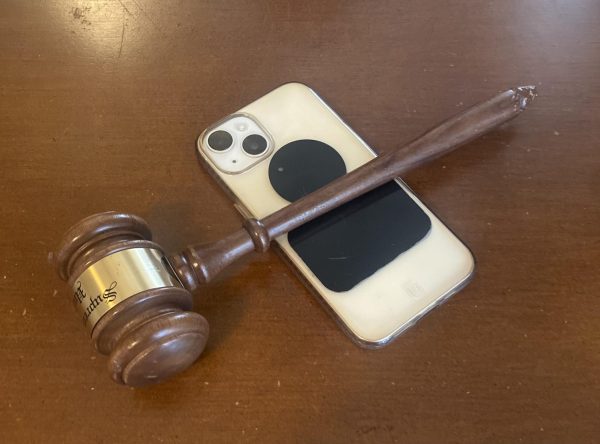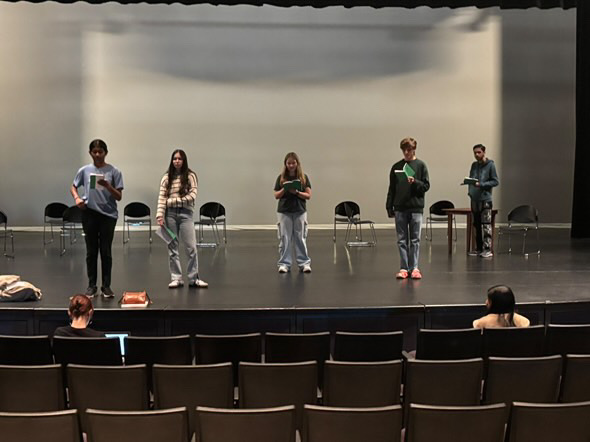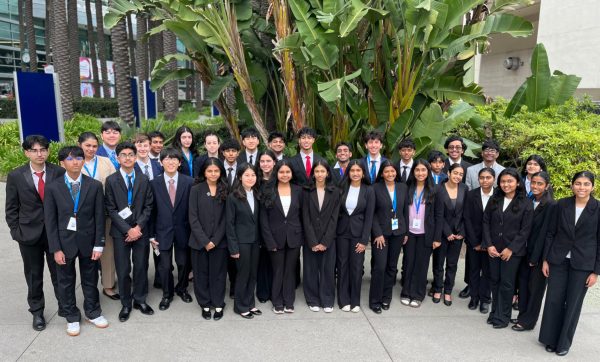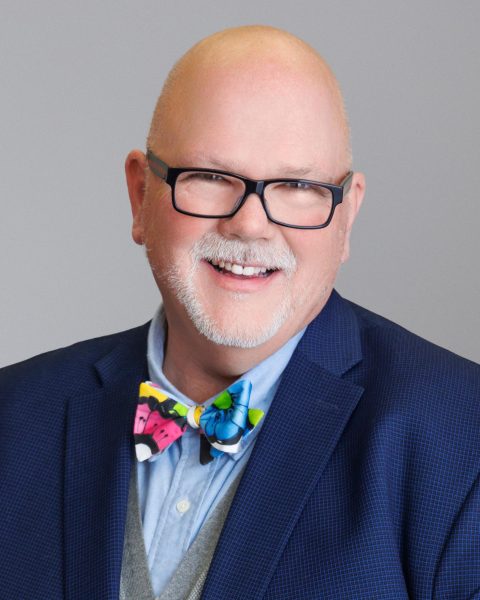Politics in Perspective
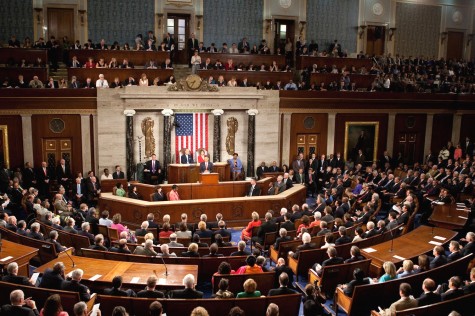
The first step in getting involved is understanding how the political process works.
Being a part of the future generation is not the only reason to engage in politics at this age. Young people bring forth different perspectives and a plethora of new ideas that are necessary for a progressive society. Each person has their own voice; each their own opinion. And for any individual, involvement in political affairs is not limited to just voting. As Mr. Melligan, the economics teacher here at Wilcox, explains, “Even when you go into college, there are people who are politically active. You could be an animal rights advocate—it’s based upon what you find important in the world. Carrying a picket sign, protesting something, writing letters… those are all a part of politics. You don’t always have to vote.” However, “Nobody cares what your opinion is unless you do something. And voting is the most important.” Here at Wilcox, we have many opportunities to become involved in things that matter to you, including through clubs such as Junior State of America, Active Teens Against Cancer, Best Buddies, Speech and Debate, and Interact. Sophomore Kareema Kilani, president of the JSA Club at Wilcox, explains, “The youth speak for the future. This is why in JSA we try to inspire youth to have a voice in the world we live in today.”
In addition to youth, a number of adults also find themselves discouraged that their one vote cannot make a difference. “An individual has to have a strong spirit to try to get things done.” Mr. Melligan elaborates. “Two people have a louder voice than one. Ten people have a louder voice than two. A hundred people have a louder voice than ten. Young people feel they don’t have a say,” he continues. But the key is to, “realize you’re not a solo artist, you’re a symphony. ”
The first step in getting involved is understanding how the political process works. By the end of 2016, the Oval Office will have a new occupant. We are entering just the beginning of a lengthy election process to elect the next president of the United States. Here is a breakdown of the events that will take place over the course of 2016:
The Republican Party will nominate a 2016 presidential candidate at its convention in Cleveland the week of July 18, 2016, and the Democratic Party will nominate one at its convention in Philadelphia the week of July 25, 2016. The 2016 presidential election will be held on November 8th. What makes one eligible to vote? While each state has its own voting requirements, the three basic qualifications are that a person has to be a U.S. citizen, meet state residency requirements, and be at least eighteen years old by election day.
A common misconception is that individual votes on Election Day are counted directly towards the total number of votes for a specific candidate. Instead, they are relayed indirectly through the Electoral College. Separate elections held in all fifty states and the District of Columbia determine the “electors” for each state—the individuals that will go on to represent the choice of candidate for the state in the Electoral College. In total, there are 538 electoral votes—the number of votes given to each state reflects its population and total number of members in Congress. The electors themselves are chosen by the state governments, with each having a minimum of three. Ultimately, the candidate who receives the most number of electoral votes then wins the presidency.
Until then, once the Republican and Democratic nominees have been chosen in July, the candidates will proceed through a series of debates and campaigns in order to garner support until the final election.
The graduating Class of 2016 will have 400 new young adults entering the real world, each with their own diverse voices and opinions. By the time the next election season rolls around in 2020, most of the now freshman class of 2019 will be eligible to vote. However, you do not have to let age be a restriction of much you can get involved now. While politics may seem irrelevant, responsibility falls to the youth to play a part in the decisions that affect us. As Mr. Melligan finishes, ask yourself, “What else could you do to get involved in politics?”

